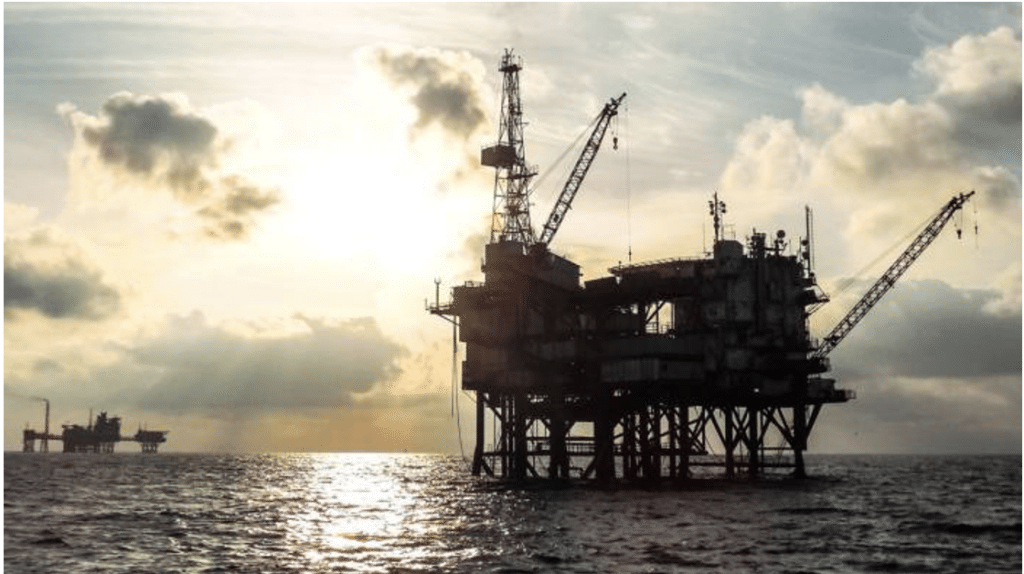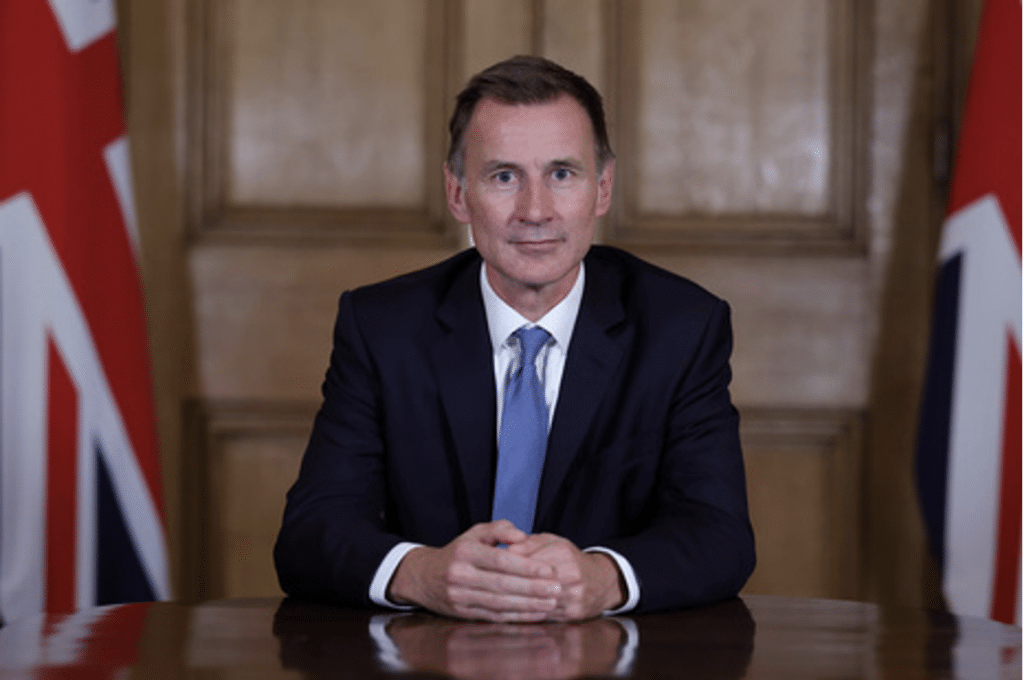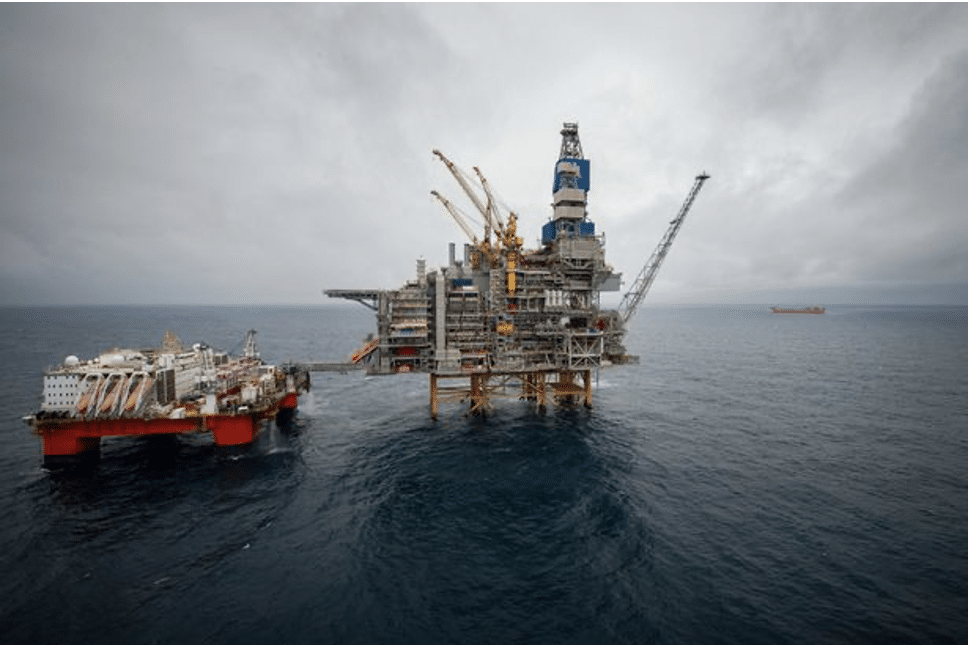Increase the tax, reduce the tax, maybe scrap the tax, perhaps ban new investment completely? The North Sea is venturing into basket case territory.

My initial reaction — and I’m aware that I wasn’t alone — to the windfall tax on North Sea energy producers was that the government had essentially told the markets that investment in one of our most important sectors was no longer necessary. Of course, Labour has gone one step further with plans to ban all new investment entirely — a likely proposition given that the polls suggest they will gain power by January 2025.
The reaction to the tax, and now the reversal, was and is obvious from a political viewpoint. The problem is that this new change to the windfall tax will do nothing to re-instil confidence; oil and gas investing involves millions of dollars and years of time. This requires investing certainty, even more than is typical of the wider market.
And operating in the North Sea has been subject to continued tinkering. The original corporation tax was set at 20%, which then rose by 10% twice in the early 2000s to 40%. In May 2022, the original windfall tax was set at 25%, but this was increased to 35% by the current Chancellor in January 2023.

Less than six months later, and that same Chancellor has realised that an effective tax rate of 75% might not be the best idea after all. He’s therefore decided that even though his ‘Energy Profits Levy’ will still stay in place until March 2028 (itself a rise from the previous time limit of 2026), if average oil and gas prices fall below $71.40 per barrel for oil and £0.54 per therm for gas for two consecutive quarters, the tax will be scrapped.
This Energy Security Investment Mechanism (ESIM) isn’t going to bring investment back.
Harbour Energy, the largest independent operator, has already cut 350 jobs and warned it will not invest more in the area. It’s pursuing an NYSE listing and concentrating on the Gulf of Mexico with renewed focus.
Total Energies has cut its investment by a quarter, or £100 million. Shell has said that it ‘should help to improve investor confidence in the UK North Sea’ but is simultaneously exploring leaving the London market.
Indeed, Office for Budget Responsibility analysis — which admittedly doesn’t quite have the track record of Haile Gebrselassie — considers that the ESIM won’t be triggered before March 2028 as it would signify truly severe economic conditions and is therefore utterly pointless.
And if it were to be triggered and oil prices rose again, then the government could simply reimpose the tax. In addition, a Labour government could even increase the rate even further given their current disdain towards new development.
Apache noted that it would end drilling because of the windfall tax immediately after this new announcement and is planning more UK job cuts given that ‘the business climate for the oil and gas industry in the UK (has) become less competitive in comparison to the rest of our portfolio.’
The domestic UK oil and gas industry supplies more than half of the UK’s fossil fuel demand at present and will continue to do so for decades through the transition to net zero — which will almost certainly take longer than 2050.
Without continued investment, most analysts consider that the UK will rely on imported oil and gas for 80% of our needs by 2030 — and none of this import pays UK taxes or supports decent jobs. The industry already contributes £20 billion to the economy every year.

Meanwhile, Rosebank — which is the largest undeveloped field in the North Sea — is seeing an uncertain future as minority stakeholder Ithaca Energy is weighing up whether it’s even worth bothering to develop it. Rosebank contains 300 million barrels of recoverable oil, and perhaps up to 500 million in a best case scenario.
With the licence expected to be granted this month to Equinor, it would not be affected by any Labour ban, and the company expects to add £24 billion to the UK’s economy alongside up to 1,200 jobs. Labour’s plan is to borrow £28 billion per year to spend on renewables at a time of sky-high interest rates and huge public debt. The sensible solution is of course to use tax from the North Sea or a hedging mechanism to part-fund this effort.
It’s worth noting that the area is already in decline, with new fields becoming ever more expensive to develop. Nobody is arguing whether the UK’s natural reserves will run out (they will). Instead, it’s a question on how to manage the transition.
Offshore Energies UK estimates that 215,000 jobs are reliant on the sector, while Stifel considers that bank lending to North Sea firms will fall by 30-40%, with explorers hit harder than most as loans are offered against the value of owned discoveries.
Stifel also notes — thought this is patent — that ‘this is now the tenth change to UK energy industry taxation since 2002, which underlines the complete lack of stability and certainty that is required for investment.’ When you’re an explorer like Baron Oil which has already spent millions on exploring or buying up shares of North Sea assets, it’s a bitter pill to swallow — not only is the government against you, but the majors are more interested in going elsewhere.
With Norway content to continue to invest in its share of the region, it’s hard to see how losing out on masses of tax and employment in order to buy more oil and gas from Saudi Arabia constitutes sound policy.
The windfall tax needs to go, and Labour needs to wake up.
This article has been prepared for information purposes only by Charles Archer. It does not constitute advice, and no party accepts any liability for either accuracy or for investing decisions made using the information provided.
Further, it is not intended for distribution to, or use by, any person in any country or jurisdiction where such distribution or use would be contrary to local law or regulation.
